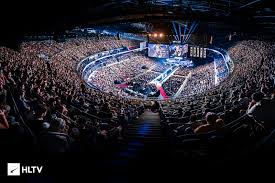
Introduction
Zionism is a significant and often debated political and cultural movement that arose in the late 19th century, primarily aimed at establishing a national homeland for the Jewish people in Palestine. The importance of understanding Zionism today is underscored by its profound implications for global politics, particularly in the context of the Israeli-Palestinian conflict, and its resonance within the Jewish diaspora. As discussions around nationalism, identity, and historical grievances continue to evolve, understanding Zionism becomes essential for comprehending the complexities of contemporary geopolitics.
Historical Background
Zionism emerged in response to widespread anti-Semitism in Europe, especially during the Dreyfus Affair in France, which highlighted severe discrimination against Jews. Theodor Herzl, often dubbed the father of modern Zionism, advocated for the establishment of a Jewish state, leading to the First Zionist Congress in 1897 in Basel, Switzerland. Over the years, the movement gained momentum, culminating in the establishment of the State of Israel in 1948, following the horrors of the Holocaust, which reinforced the urgent need for a safe haven for Jews around the world.
Current Events and Relevance
Today, Zionism is frequently at the center of discourse surrounding the Israeli-Palestinian conflict. The debate revolves around differing interpretations of Zionism; while some view it as a legitimate expression of self-determination for the Jewish people, others critique it as a driving force behind colonial dispossession and ongoing tensions in the region. Recent political developments, such as shifts in U.S. foreign policy and the normalization of relations between Israel and several Arab nations, have further complicated the situation, provoking fresh discussions regarding the nature of Zionism in the 21st century.
Conclusion
The complexities of Zionism cannot be underestimated. As both a national movement and a symbol of Jewish identity, its implications stretch across global politics, ethics, and human rights debates. Understanding Zionism not only facilitates a deeper comprehension of the historical context of the Israeli-Palestinian conflict but also illuminates the myriad perspectives that shape the discourse surrounding it today. As the world continues to grapple with issues related to nationalism, territories, and identity, the relevance of Zionism remains pivotal, reminding us of the enduring impact of historical narratives on contemporary global relations.



